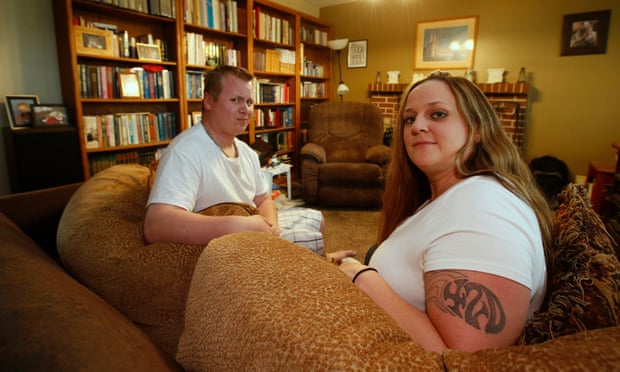Parents are not the cause of addiction. No matter how much influence parents believe they have over a child, the reality is, parents will only influence approximately 25% of what a child will do. Nevertheless, as I work in the field of adolescent substance abuse, I find many parents believing they are the source of their child’s addiction. Maybe this is because; society expects parents to have control over their child. For example, when a child is running wild in the grocery store, don’t we all whisper to ourselves “They need to get control of their child?” So when a teenager is drinking or doing drugs, of course the blame will fall back on the parents.
However, when it comes to addiction, I can tell you from a professional background and a personal background that parents do not create or reinforce addiction. I was brought up in a warm loving family, where my parents helped when needed but also let life teach when needed.
But at the age of fourteen I drank and smoked weed for the first time and the rest is history. I continued to use substances up until the age of 22. I eventually experienced so many natural negative consequences, I decided to change.
During my recovery, I discovered the source of my addiction was a multitude of factors, such has low self-esteem, social anxiety, and a personality trait that craves adventure. Nowhere, did I find my parents as a part of my addiction. Unless a parent is forcing a child to drink or do drugs, it is simply irrational to believe a parent has enough control to be responsible for a child’s addiction. If a parent was responsible for their child’s addiction then a parent would also be able to stop their child’s addiction.
-Chad Hepler works as an addiction counselor at an adolescent treatment center. He has published two books about his recovery, titled, Intervention: Anything But My Own Skin , and Beyond Intervention: A Memoir of Addiction and Recovery by Hepler, Chad (2012) Paperback
, and Beyond Intervention: A Memoir of Addiction and Recovery by Hepler, Chad (2012) Paperback .
.
However, when it comes to addiction, I can tell you from a professional background and a personal background that parents do not create or reinforce addiction. I was brought up in a warm loving family, where my parents helped when needed but also let life teach when needed.
But at the age of fourteen I drank and smoked weed for the first time and the rest is history. I continued to use substances up until the age of 22. I eventually experienced so many natural negative consequences, I decided to change.
During my recovery, I discovered the source of my addiction was a multitude of factors, such has low self-esteem, social anxiety, and a personality trait that craves adventure. Nowhere, did I find my parents as a part of my addiction. Unless a parent is forcing a child to drink or do drugs, it is simply irrational to believe a parent has enough control to be responsible for a child’s addiction. If a parent was responsible for their child’s addiction then a parent would also be able to stop their child’s addiction.
-Chad Hepler works as an addiction counselor at an adolescent treatment center. He has published two books about his recovery, titled, Intervention: Anything But My Own Skin





